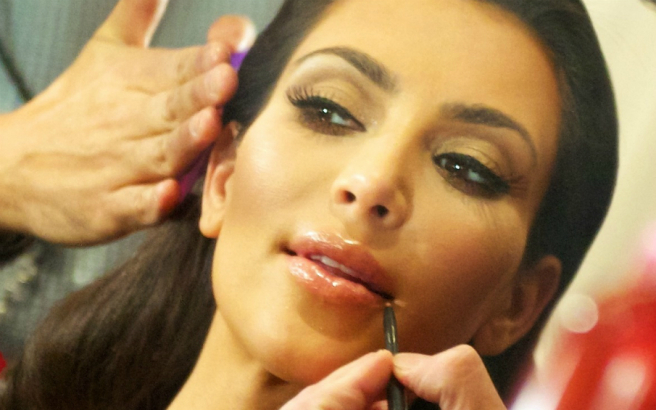
Update, 13 October 2016 – Following the withdrawal of Kellie Maloney and protests from trans campaigners, the NSPCC has cancelled the event. According to the statement they have issued: “the trans community have raised concerns and told us that they don’t support the NSPCC hosting this discussion”. In other words, they don’t actually “dare to debate” if there is a risk that the conversation might challenge the current conventions around transgender children.
Original post continues below…
On 25 October, I’m taking part in a event for the NSPCC’s Dare to Debate series, attempting to answer the question: is society letting down transgender children? As soon as they approached me, I knew I wanted to participate. Over the last few years, I’ve dedicated a considerable proportion of my writing to gender, and in the process I’ve changed my own position substantially.
Transgender rights have been described as the “next civil rights frontier”, but within the feelgood narrative, a lot of assumptions have been left unchallenged. Is gender an inherent quality that every human possesses, or a sex-class system that we’re socialised into? Is it possible to identify a child as trans without relying on sexist stereotypes? How does the prioritising of gender identity over physical sex affect women and girls? Are trans-identified youths harmed by the way issues such as suicide are reported? All these are left woefully unscrutinised in the current orthodoxy about gender, and any opportunity to explore them is very welcome.
The other speaker will be Kellie Maloney, the boxing promoter formerly known as Frank who transitioned in 2014. Maloney’s past includes the expression of homophobic sentiments (now repudiated), and a 2005 attack on Tracey Maloney when the two were married (Maloney has attributed this in part to the strain of living with a suppressed gender identity). My participation implies no endorsement of these acts. Gendered violence, and its effects on children, is something I expect to discuss at the event. I trust the NSPCC to facilitate a full and open discussion, and am delighted to volunteer my time for this debate.
The audience will be by invitation, but I will update this post if there are plans to stream it or release a recording.





